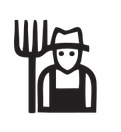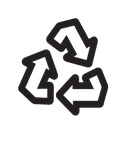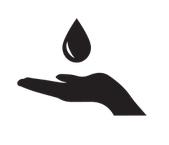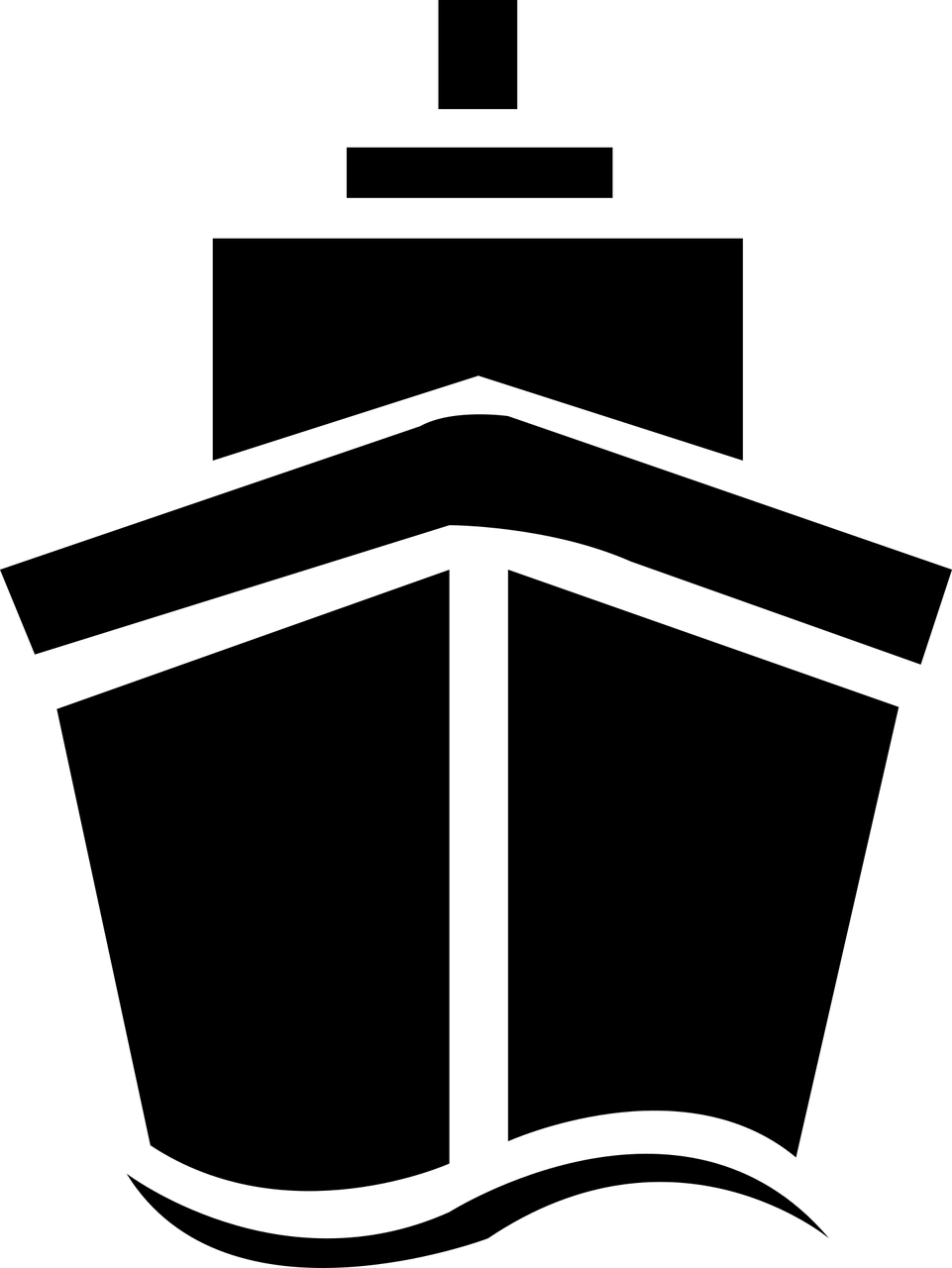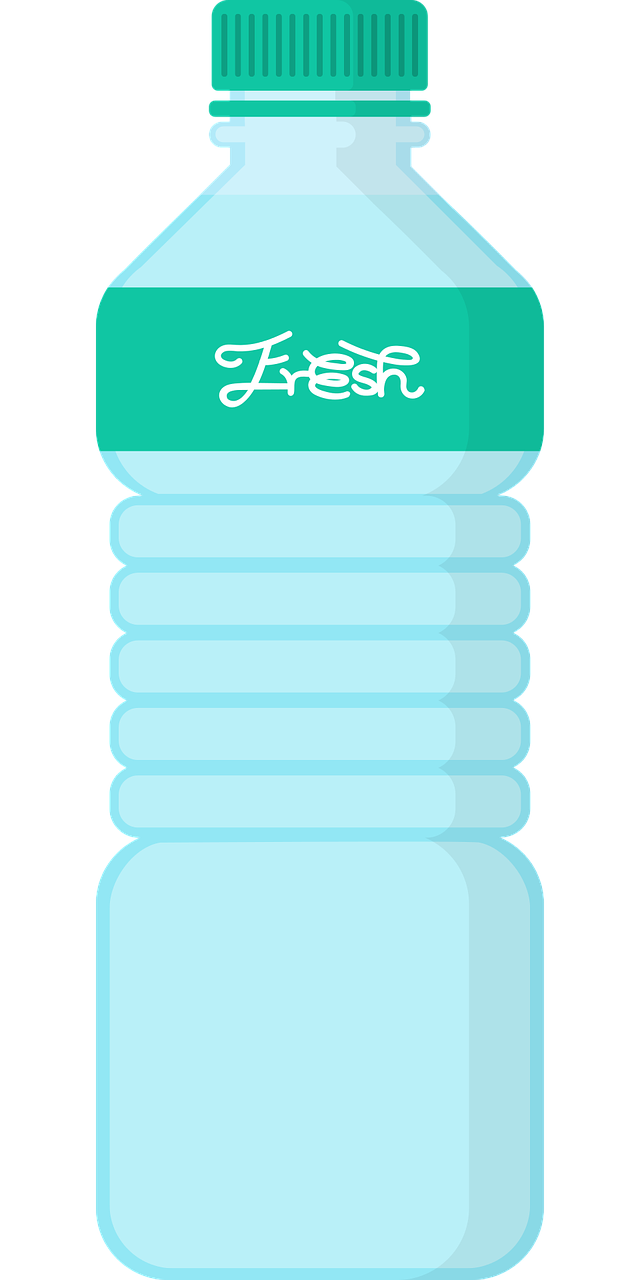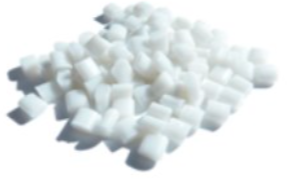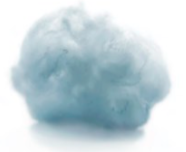Responsible Clothing
We are all on a major mission to keep the earth livable for future generations. Our AREDEE clothing is made of organic cotton, which means that no chemicals flow into the soil or into adjacent rivers, lakes or seas. The water used for organic farming is not wasted water, as it is reused over and over and can return to the source without causing any damage.
Organic Cotton
Organic cotton is grown without the use of chemical pesticides or fertilizers.
Recycled Polyester
Recycled polyester is made from post-consumer PET bottles, the same clear plastic bottles used for bottled water that would otherwise end up in landfills or our oceans.
Working Conditions
Living wage, own childcare, maternity leave and medical coverage.
Organic Cotton
The organic cotton we use is grown without the use of chemical pesticides or fertilizers.
Organic cotton farming uses natural methods, such as crop rotation, which not only benefit soils, wildlife and the environment, but also create biodiversity and promote good health and quality of life for farmers and their communities.
Growing organic cotton ensures that no chemical insecticides, fertilizers or pesticides flow into the soil or into adjacent rivers, lakes or seas. The water used for organic farming is not wasted water, as it is reused over and over and can return to the source without causing any damage. The overall positive impact on water, animals and biodiversity means that the well-being and livelihoods of cotton farmers and their communities are respected and protected.
Benefits Organic Cotton
46%
less impact on global warming
91%
less surface and groundwater use
70%
less acidification of land and water
Organic Cotton
Organic cotton prevents any form of pesticide poisoning, which can lead to multiple health problems. According to the UN, 200,000 people die each year from toxic exposure to pesticides. Although the yield of organic cotton may be lower than that of conventional cotton, farmers’ incomes do not decrease as their overall costs are reduced.
Crop rotation and intercropping also benefit farmers as it allows them to further supplement their food and income. Organic cotton farmers in India use traditional, natural fertilizers, such as cow dung, to keep the soil rich in nutrients. Organic cotton is even used as currency or to barter for food.
Transparency
Recycled Polyester
The recycled polyester is added to add stability to the clothing. In addition, tackling plastic waste has become one of the biggest environmental challenges of this decade. Around 450 million tons of plastic are produced worldwide each year and 9.5 million tons of plastic are thrown into the ocean each year, most of it single-use.
Recycled Polyester
Recycled polyester is made from post-consumer PET bottles, the same clear plastic bottles used for bottled water that would otherwise end up in landfills or our oceans.
These bottles are first cleaned, melted and purified. Then the liquid is blown into yarn to make clothing fabrics. The recycled polyester yarn comes mainly from China. Products made from recycled plastic are soft, durable and breathable. We use and recycle what would otherwise become a polluting waste.
Bangladesh
Twenty years ago, Bangladesh was one of the poorest countries in the world. Today, Bangladesh is economically ranked as the 41st country in the world. In the space of just two decades, 20 million people have been lifted out of poverty. In fact, Bangladesh is now considered a lower-middle-income emerging country thanks to innovation and ambitious economic plans.
The FairWear Foundation ensures that the employees in the factories receive a fair wage and good working conditions.
A number of pillars of the FairWear Foundation are that child labor should not be used. The age for admission to work must not be less than the age of completion of compulsory education and in any case not less than 15 years.
In addition, the FairWear Foundation ensures that there is no discrimination at work. A living wage is also provided. Reasonable working hours, safe working conditions and freedom of association are ensured.
The factories, where the clothing is made, guarantee a minimum wage, their own childcare, maternity leave and medical coverage.
In addition, the factories offer other benefits, such as free transport, performance and attendance bonus and wage increase in pay scales.

